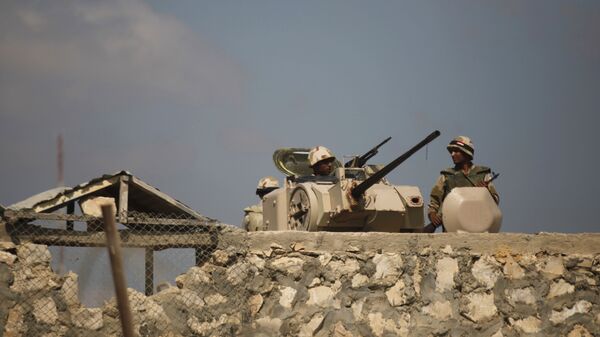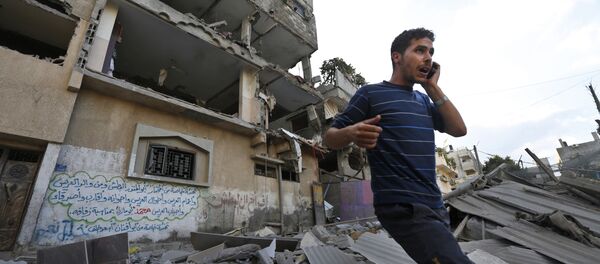"I am today warning the Security Council that unless urgent measures are taken to de-escalate the crisis risks spiraling out of control with devastating consequences for Palestinians and Israelis alike," Maldenov said.
Maldenov noted that desalination plants have functioned at 15 percent capacity since April, providing people with drinking water for only a few hours every 2-4 days.
He pointed out that a power plant that supplied 30 percent of Gaza’s electricity also stopped functioning in April, limiting people to about four hours of electricity per day.
Hospitals are forced to postpone elective surgeries and reduced 80 percent of cleaning, catering, sterilization services, Maldenov said. If not for the UN humanitarian intervention on April 27 that provided emergency fuel for generators, five hemodialysis centers and several emergency departments would have closed.
On Thursday, The Jerusalem Post reported that Israel had reduced its supplies of electrcity to Gaza after the Palestinian Authority reduced payments.
Israel took control of the Gaza Strip in 1967. Palestinians have sought diplomatic recognition for their independent state on the territories of the West Bank, including East Jerusalem, which is partially occupied by Israel, and the Gaza Strip. Palestinians, as well as the international community, do not recognize Israeli territorial acquisitions.




